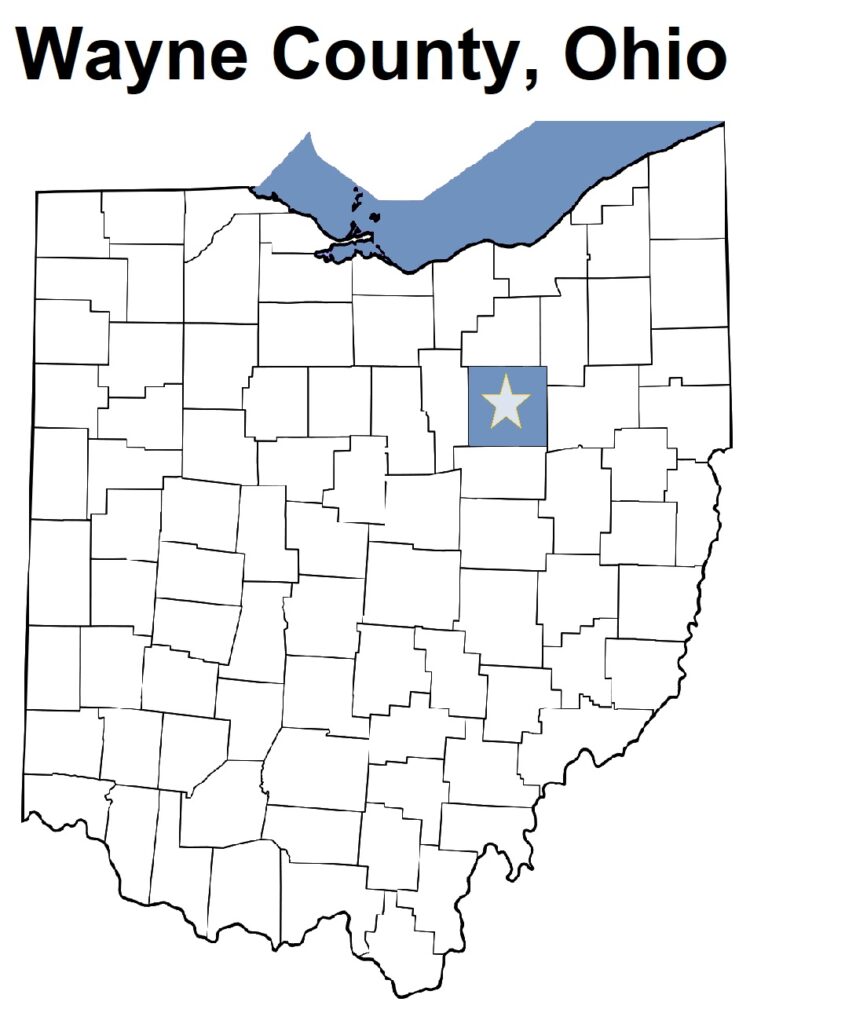The role of the Landlord in the HCV program is to provide decent, safe, and sanitary housing to a tenant at a reasonable rent. The dwelling unit must pass the program’s housing quality standards and be maintained up to those standards as long as the owner receives housing assistance payments. The Landlord enters into a lease agreement with the tenant. If a unit is damaged, has unpaid rent or is vacated without notice, the Landlord must immediately notify Wayne Metropolitan Housing Authority.
Tenant selection and leasing is a Landlords’ responsibility. The Housing Authority DOES NOT screen the family for suitability or tenancy. Landlords can screen based on family tenancy history and can use background factors such as but not limited to:
- Payment of rent and utility bills
- Caring of the unit and premises
- Respect of others’ right to peaceful enjoyments
- Drug related criminal activity or other criminal activity that is a threat to life, safety or property of others
- Compliance with other essential conditions of tenancy
Landlords are responsible for compliance with the Housing Assistance Payments Contract for the Housing Choice Voucher program and program leases, in addition to the normal landlord functions during the lease (example: maintenance and rent collections). Responsibilities of the Landlord are defined in the Housing Assistance Payments Contract, the Lease and Program Regulations.
The landlord MUST maintain the unit according to Housing Quality Standards. If the landlord fails to do so, the Housing Authority may terminate, suspend or reduce housing assistance payments (aka: abatements) and terminate the Housing Assistance Payments Contract.
Owner are also required to comply with the Ohio Tenant and Landlord laws and other requirements listed below:
- Make repairs to keep the building fit and livable;
- Keep the building safe and sanitary by complying with local housing, health and safety codes;
- Keep hallways, stairs and other common areas safe and sanitary;
- Keep in working order all electrical, plumbing, heating and ventilation systems and fixtures;
- Provide running water and reasonable amounts of hot water and heat;
- Landlord must disclose his or her name and address and proof of ownership prior to tenant occupancy.
Landlords’ are not responsible for breach of the Housing Quality Standards for which the family is responsible.
Landlords’ must adhere to provisions on modifications to dwelling units occupied by a disabled person (CFR 982.451)
Landlords’ may not increase rent, decrease services or threaten to bring eviction action in retaliation because:
- Tenant complained to WMHA staff after properly notifying landlord of needed repairs, etc;
- Tenant spoke to other tenants about problems in the building or formed a group to work to change the conditions by making the landlord meet his or her duties and obligations.
- Landlord failed the HQS inspection and unit was abated.
Landlords’ cannot cut off utilities, change locks or threaten unlawful acts against anyone. Landlords cannot seize personal property unless a Court has made that decision.
Related Site:

